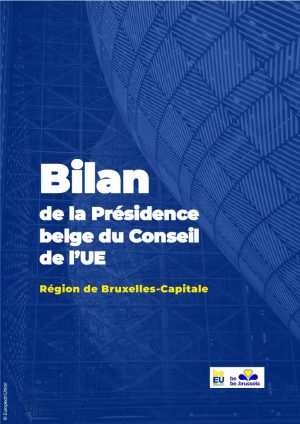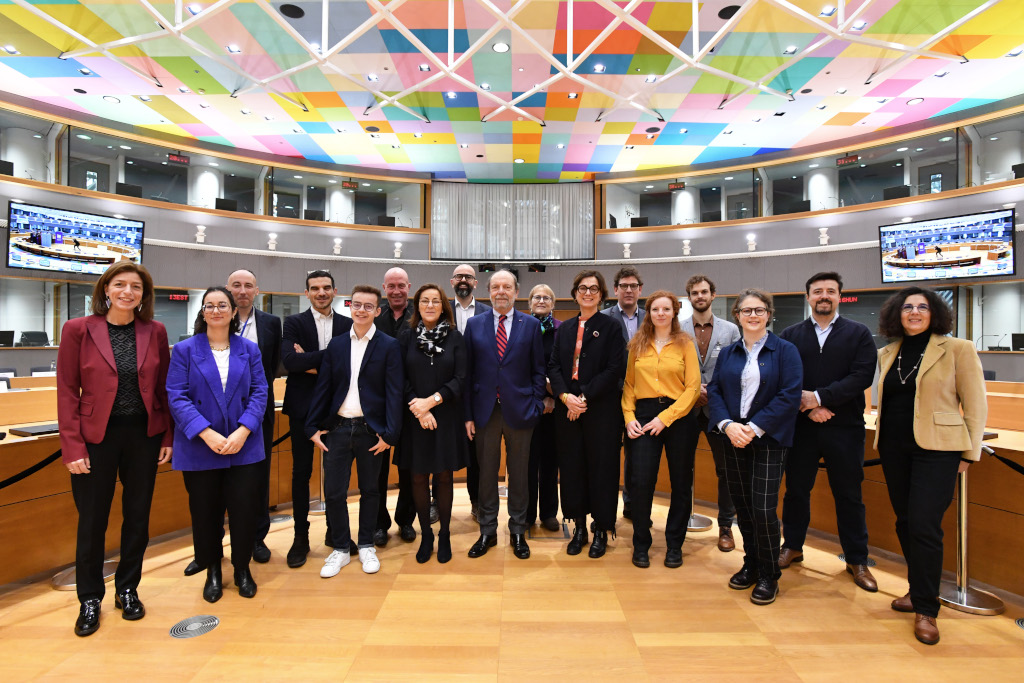The Brussels-Capital Region has actively contributed to the success of the Belgian EU presidency
After six months of intense efforts, the Belgian presidency of the Council of the European Union came to an end at the end of June. This presidency was not only a time of legislative progress, but also a period of reflection on the future of the European Union.
The Brussels-Capital Region (BCR) played an important role in the success of this presidency, in close cooperation with the other federated entities and the federal level of Belgium. Preparations had already started two years before the start of the presidency.
Within Brussels International (BI), a department for Europe was set up to ensure the coordination of the presidency for the BCR, among other tasks. This directorate participated in all preparatory meetings and set up its own coordination task force within the Region to ensure proper information transfer to all parties involved.
During the presidency, the various “filières”, or sectors, were divided between the three regions. The BCR was assigned environment and urban policy. However, this did not prevent the region from also actively contributing to other events, organised in cooperation with the other entities, in areas such as energy, tourism, social economy and work. In these, the region’s specific interests were always represented.
Organisational support and participation
The Brussels administrations took the lead in organising informal ministerial meetings, conferences and seminars, with the logistical support of the Brussels Task Force. The involvement of the Brussels Capital Government, including the Minister-President, the Minister of Climate Transition and Environment, and other key people, showed the driving force of the Capital Region.
At Belgium’s Permanent Representation to the EU, the attachés of the BCR Delegation actively contributed to the progress of legislative files and strategic documents. They participated in various (technical) meetings, working groups and EU Councils. You can find their specific work in a previously published article.
Suppose you would like to know more about the diversity of Brussels’ activities and initiatives during this presidency, and the results it achieved. In that case, we invite you to read the Brussels presidency report in Dutch, or in French.
 |
 |



